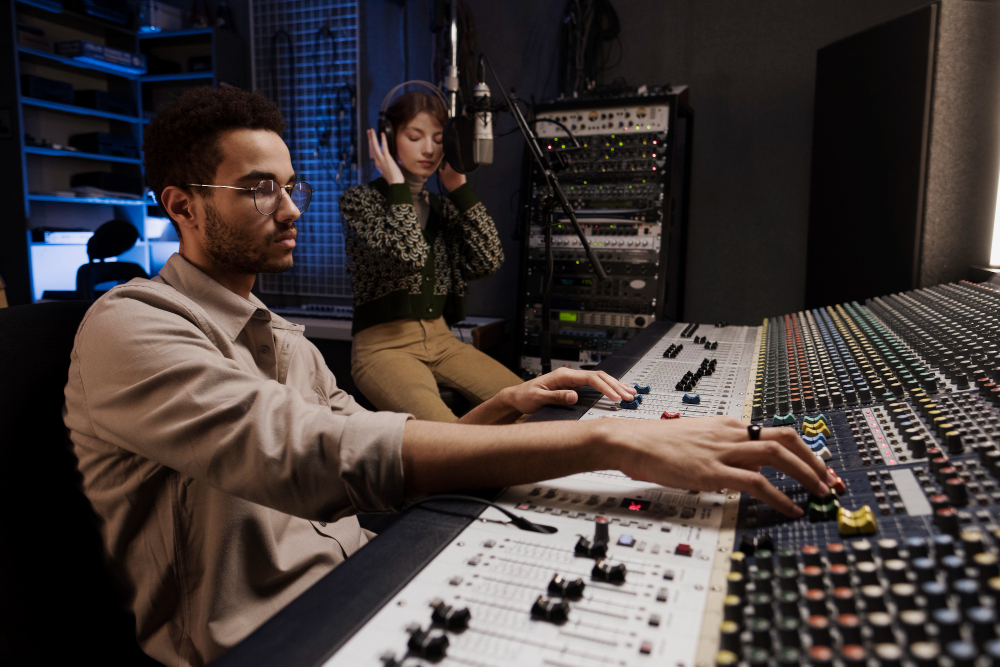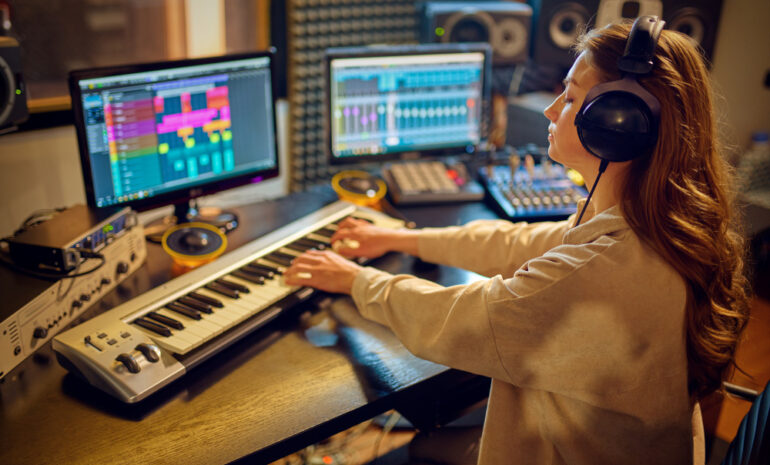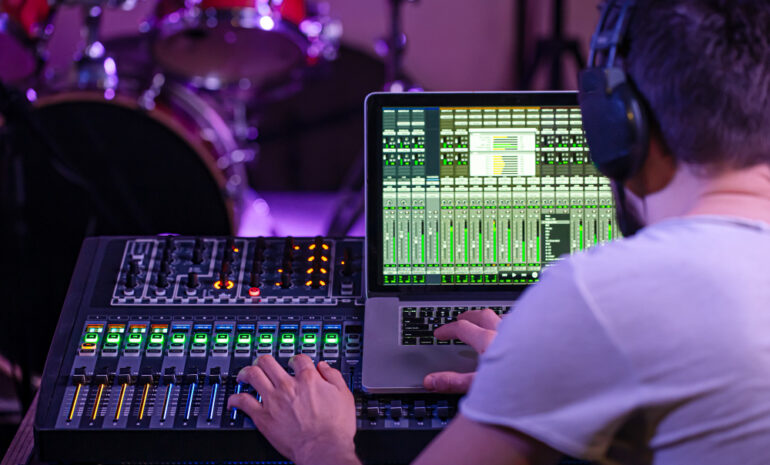Mastering is the final step in the music production process, where the individual tracks of a mix are combined, balanced, and processed to create a cohesive and professional-sounding final product. While mastering used to be a specialized skill that required expensive equipment and dedicated studios, modern Digital Audio Workstations (DAWs) have made it possible for anyone to master their music at home. In this blog, we will discuss how to master your music using a DAW.
1. Prepare Your Mix
Before you can master your music, you need to prepare your mix. This means ensuring that all the individual tracks are balanced, panned, and processed correctly. The mix should be free of any clipping or distortion and should have sufficient headroom to allow for processing during the mastering stage.
2. Set Up Your Mastering Session
Create a new project in your DAW and import your mix into the session. Set the session's sample rate and bit depth to match your mix’s settings to avoid any quality loss during the mastering process. Create a new audio track and set it as the master output. This track will be used to process and export the final master.
3. Add EQ and Compression
The first step in mastering your music is to add EQ and compression to the master track. Use EQ to balance the frequencies and ensure that each element of the mix has its own space. Use compression to control the dynamics of the mix and ensure that the overall volume is consistent. Apply these effects judiciously, taking care not to overprocess the mix and introduce unwanted artifacts.
4. Apply Limiting
The next step in mastering is to apply to the limit. Limiting is a form of compression that controls the peak volume of the mix, allowing it to sound louder and more consistent across different playback systems. Use a limiter plugin on the master track to set the maximum volume level and prevent any clipping or distortion.
5. Add Effects
Once you have applied EQ, compression, and limiting to your mix, you can add additional effects to enhance the sound. These effects may include reverb, delay, saturation, or any other effect that adds depth and character to the mix. Use these effects sparingly, as they can quickly become overpowering and detract from the overall balance of the mix.
6. Export the Master
Once you have completed the mastering process, it's time to export the final master. Set the export settings to match your project's sample rate and bit depth, and ensure that the file is saved in a lossless format, such as WAV or AIFF. Name the file appropriately and save it in a location that is easily accessible.
7. Listen and Make Adjustments
After exporting the final master, listen to it on different playback systems to ensure that it sounds consistent and professional. If you notice any issues or imbalances, return to your DAW and make adjustments to the mastering settings. Take care not to overprocess the mix, as this can introduce unwanted artifacts and degrade the overall quality of the sound.
In conclusion, mastering your music using a DAW is a straightforward process that requires careful attention to detail and a good ear for sound. Follow these steps to prepare your mix, set up your mastering session, add EQ, compression, and limiting, apply effects, export the master, and listen and make adjustments. With practice and experience, you can master your music at home and create professional-sounding tracks that stand out in today's competitive music industry.


